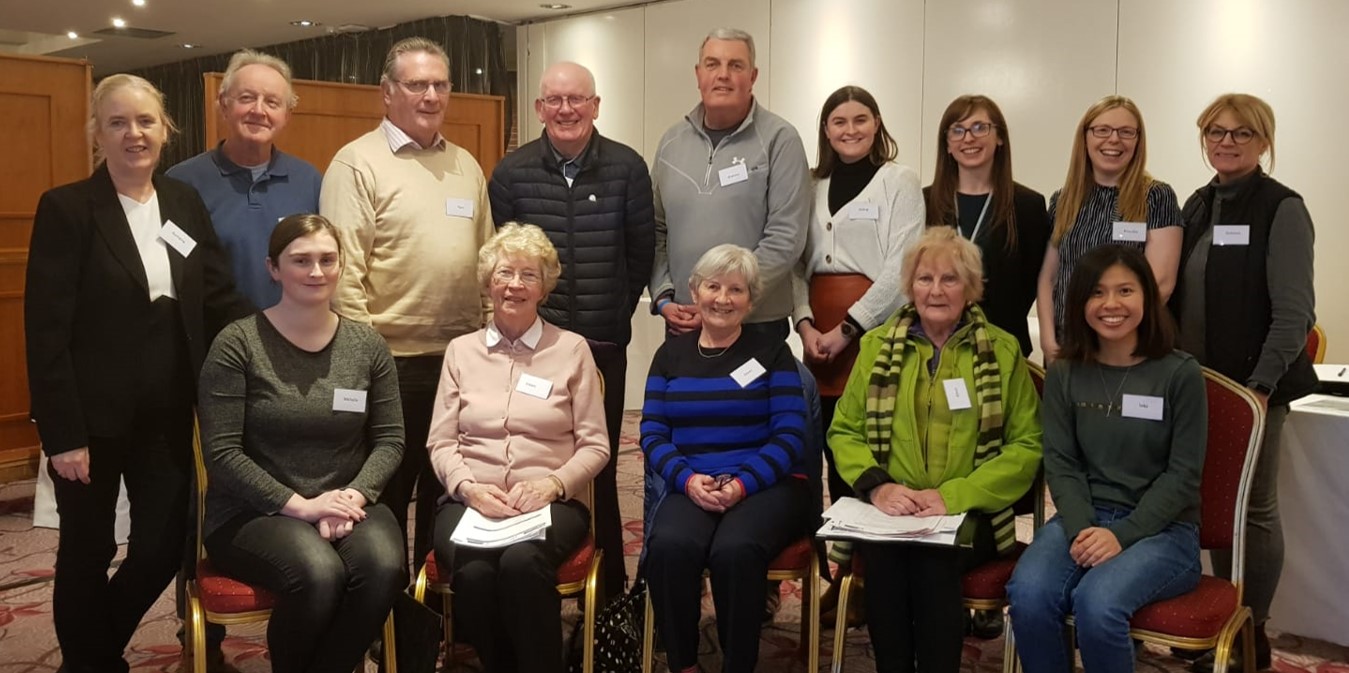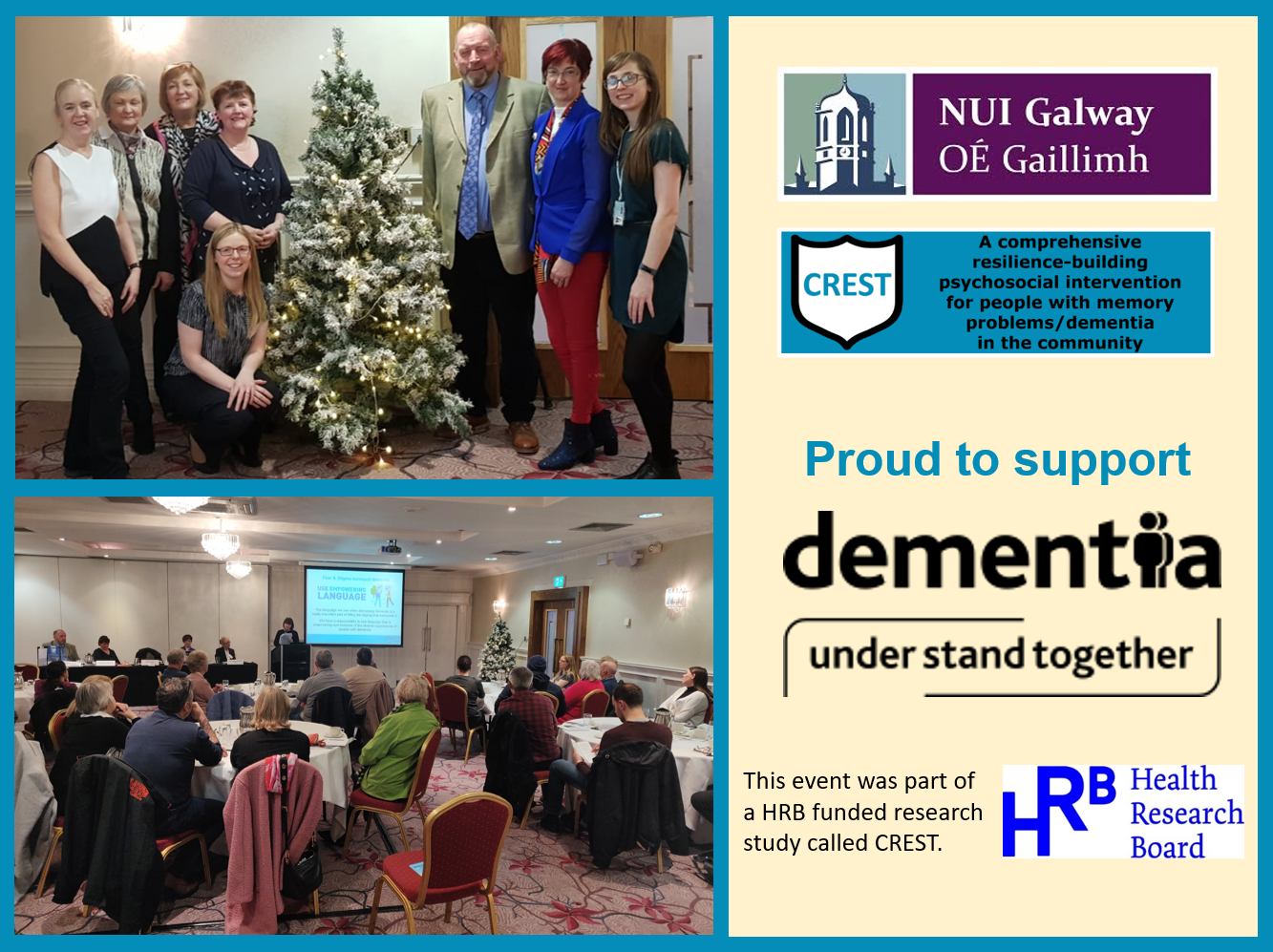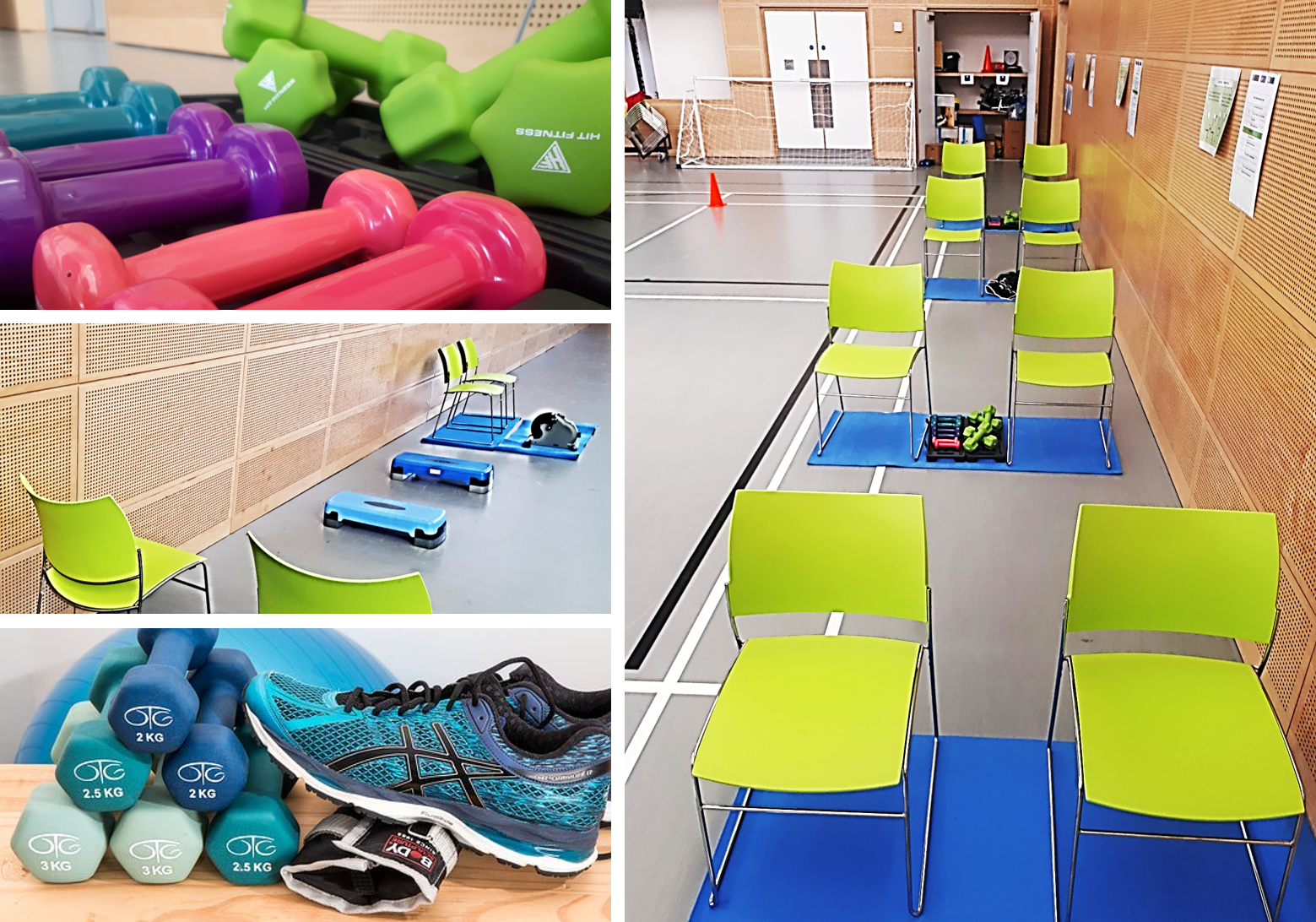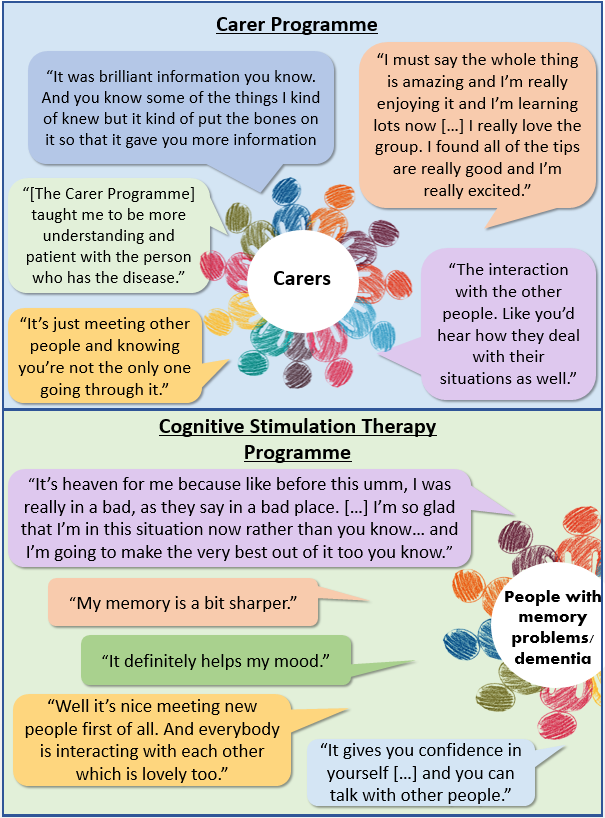-
Courses

Courses
Choosing a course is one of the most important decisions you'll ever make! View our courses and see what our students and lecturers have to say about the courses you are interested in at the links below.
-
University Life

University Life
Each year more than 4,000 choose University of Galway as their University of choice. Find out what life at University of Galway is all about here.
-
About University of Galway

About University of Galway
Since 1845, University of Galway has been sharing the highest quality teaching and research with Ireland and the world. Find out what makes our University so special – from our distinguished history to the latest news and campus developments.
-
Colleges & Schools

Colleges & Schools
University of Galway has earned international recognition as a research-led university with a commitment to top quality teaching across a range of key areas of expertise.
-
Research & Innovation

Research & Innovation
University of Galway’s vibrant research community take on some of the most pressing challenges of our times.
-
Business & Industry

Guiding Breakthrough Research at University of Galway
We explore and facilitate commercial opportunities for the research community at University of Galway, as well as facilitating industry partnership.
-
Alumni & Friends

Alumni & Friends
There are 128,000 University of Galway alumni worldwide. Stay connected to your alumni community! Join our social networks and update your details online.
-
Community Engagement

Community Engagement
At University of Galway, we believe that the best learning takes place when you apply what you learn in a real world context. That's why many of our courses include work placements or community projects.
Research Activities
Recruitment
.png) |
We successfully recruited 10 people with memory problems/dementia and their primary carers (x10) to take part in the CREST intervention programmes. |
CREST Programmes
- The 7 week Cognitive Stimulation Programme (CST) for people with memory problems/dementia started on the 16th october 2019. The 6 week carer educational programme also started on the 14th October 2019.
- Participants in the CST programme really enjoyed the activities. Here are some Autumn collages they created in one of our sessions. They are beautiful.

Participant Feedback
- We completed process evaluation interviews with the people with memory problems/dementia attending the 7-week Cognitive Stimulation Therapy Programme and the carers attending the 6-week Carer Educational Programme.
-
Check out below some of the lovely things people have said about participating in CREST!
Older Adult volunteers
Pictured below are our wonderful older adult volunteers who attended a training session delivered by the CREST research team in the Menlo Park Hotel on 3rd December 2019. This session prepared the older adults for their participation in CREST, where they each worked alongside a person with memory problems/dementia during the 8 week physical exercise programme. They made great exercise buddies!

Community Dementia Awareness programme
We had a great turn out for our Community Dementia Awareness evening which took place in the Menlo Park Hotel on 3rd December 2019.
A presentation on the HSE's Dementia: Understand Together campaign was delivered by our Dementia Champions (pictured below). This included information about dementia and explored how communities can support the health and wellbeing of a person with dementia and their family.
Our fantastic guest speakers, Kevin and Helena Quaid (also pictured below) shared their experiences of how dementia has impacted their lives, from both the living with dementia and carer perspectives.

Physical Exercise Programme
The 8 week physical exercise programme started on Friday 6th December 2019 and finished on Friday 7th February, bringing an end to the 15 week CREST intervention - we can't believe it's finished!

GP Dementia Training - GP PREPARED Programme
A 1.5-hour dementia education workshop for GPs was held and facilitated by a GP with expertise in dementia. It aimed to upskill GPs in the diagnosis and management of dementia in the community. The content included making a timely diagnosis, optimal post-diagnostic care, and symptom management for patients with dementia.
Publications from the CREST Study
We have published the protocol for the study in Pilot and Feasibility Studies.
We are currently finalising publications on:
- The feasibility and acceptability of the CREST intervention
- The use of a Fitbit by a group of people with memory problems/dementia in a community setting
- A qualitative paper on ‘the perspectives of the people with memory problems/dementia and their caregivers who participated in the CREST intervention’
Key Findings
 |
We did research to see whether it was feasible to deliver the CREST intervention and whether those who took part in the intervention felt that it should be run again in the future. We also wanted to know what worked well and what should be changed to make the intervention and or the research better for the future. We collected quantitative and qualitative data using questionnaires and interviews from all the participants and facilitators to help answer our questions. |
Recruitment
Nine participants with memory problems/dementia and their informal caregivers completed the CREST intervention. At the start, recruitment into the study was led through GP practices and then local community organisations/groups (e.g., Alzheimer's Society of Ireland, Western Alzheimer's, HSE Carer group). Interest in the study from practice nurses, dementia advisors, and volunteers from local groups was vital to the success of recruiting participants.
The research team and the GP practice staff found the recruitment process challenging. For example, several participants were interested in joining the study, but didn’t meet the criteria because of various reasons: health issues preventing them from participating; bad timing (e.g., they may have recently had surgery and could not exercise); carer unable to commit due to work/family commitments. The GP practice staff highlighted that stigma about dementia was a significant factor which stopped people from joining the study. It was agreed that other recruitment methods would be needed in any future study.
Attendance at CREST
Attendance at the five CREST programmes was very high (ranging from 79-96% for the weekly programmes). In addition, overall adherence to the programme content delivered by the facilitators was very high across the five programmes (ranging from 98-100%).
Carer Education Programme
- Carers attended 6 weekly education sessions (2 hours each). These sessions were rated positively by all. They found the information relevant to their needs and felt that attending the programme had increased their knowledge and understanding of memory problems/dementia, and how to see beyond it to the person underneath.
- Some carers were already implementing the communication strategies successfully at home, and most had learned to “look after yourself” and have time away from caring responsibilities (to go to the gym, or to socialise, etc).
- The scenarios, group activities, videos and handouts were found to be helpful. Support from other members of the carer group and the social interaction this provided were reported as very important elements of the carer education programme. Some members of the group set up a social media group and met up after the education programme had finished, with further plans to meet regularly.
Cognitive Stimulation Therapy (CST) Programme
- The people with memory problems/dementia attended 14 themed sessions across 7 weeks (2 sessions per week). These focused on different activities or topics such as childhood memories, faces and scenes, current affairs, and number games.
- They enjoyed the content and the social aspect of these sessions. They found the facilitators to be helpful and approachable, ensuring that all participants could engage with the activities in each session.
- The facilitators themselves gave positive reports of the CST programme, praising the flexibility of the content or activities to accommodate the needs of individuals within the group, and the structured nature of the sessions.
- The CST programme was considered beneficial to the people with memory problems/dementia, with several people with memory problems/dementia and their carers reporting that their cognition had improved, and they were taking up new hobbies or interacting with others.
- The running of each session was praised by both the participants and the facilitators: the tea/coffee at the start of each session were considered essential to get the participants settled before their class.
Exercise Programme
- The people with memory problems/dementia attended a weekly exercise session for 8 weeks during the CREST intervention. Each person with memory problems/dementia was partnered with an exercise ‘buddy’ (an older adult from the community) who provided social support and motivation while they completed their exercises. These older adults received training in advance in relation to communicating with people with memory problems/dementia and an overview of the exercises beforehand, using images on slides.
- The people with memory problems/dementia enjoyed the exercise programme and all reviews were positive. They found the social interaction with their exercise partner to be particularly enjoyable and appreciated the support they received from their buddy when completing the exercises.
- Several people reported that the exercise programme had a positive impact on the participants’ health, such as their breathing was easier, feeling more alert, and having increased flexibility.
- Some elements of the exercise programme were tailored to each individual (e.g., use of weights) and adaptations were made if necessary. Some aspects of running the programme were reported to be a little challenging, such as managing the size of the group, the differing ability/mobility fitness levels of the individuals within the group and managing people doing different exercises at the same time.
- As part of the exercise programme participants were asked to keep an exercise diary at home and to wear a fitbit. These were not found to be feasible as the completion rate for the exercise diaries was low with only 37% of the expected diaries completed and returned. Overall, the participants found it acceptable to wear the fitbit during the day, however, they generally did not like wearing it to bed and so it was not possible to collect enough data from the fitbit.
Community Dementia Awareness Programme
- Thirty-three people attended this event. They found it valuable, and they felt it had increased their knowledge and understanding of dementia and their perceptions of people with dementia.
- While some participants liked the guest speaker’s personal account of how dementia had impacted their life, others had concerns that it was upsetting to hear such a vivid account. It is recommended that in future the guest speakers would provide a copy of their script/speech beforehand, to ensure the content is relevant and suitable for the audience.A facilitator also suggested that a video case study might be used if a live speaker was unavailable.
GP Dementia Training - GP PREPARED Programme
- Seven General Practitioners (GPs) attended this once-off accredited workshop.
- They rated the programme positively and found the content relevant to their daily practice. They felt the workshop content had improved their knowledge of dementia, including when to make a timely diagnosis of dementia and the benefits of early diagnosis.
- Some GPs reported that they had been unaware of local dementia supports and services mentioned during the workshop and would advise their patients about these services going forward.
Social Marketing
- Social marketing was used to gain a better understanding of stigma in relation to dementia in Ireland. We spoke to participants about their experience or perceptions of stigma related to dementia.
- Overall, it was found that there was a lack of support and access to services for people with memory problems/dementia and their families (for example, difficulty getting access to local supports, carer allowances, home help, etc.), and long delays in accessing healthcare services made getting help difficult.
- On top of that, the participants reported there was a lack of education about what dementia is, which contributed to fears and incorrect beliefs about dementia, and to people feeling they needed to keep dementia a secret.
- Conversely, several items were identified that might reduce stigma related to memory problems or dementia: most importantly, hearing personal stories from people with memory problems/dementia, creating a supportive environment for people with memory problems/dementia, and the fact that Ireland already has a national dementia strategy in place to increase public knowledge and awareness of memory problems/dementia.
Health Economic Analysis
A preliminary health economic assessment was conducted to estimate the costs of the intervention and inform the design of a future trial. We learned that it would be possible to conduct a full health economic analysis if a bigger trial of the intervention was run.
Conclusion
Overall, the CREST intervention was considered feasible and acceptable. Further research is needed however to examine how recruitment of participants with dementia or memory problems can be enhanced and to also examine the effectiveness of the intervention via a randomised controlled trial, whereby one group of participants get the CREST intervention, and another receive usual care.
















